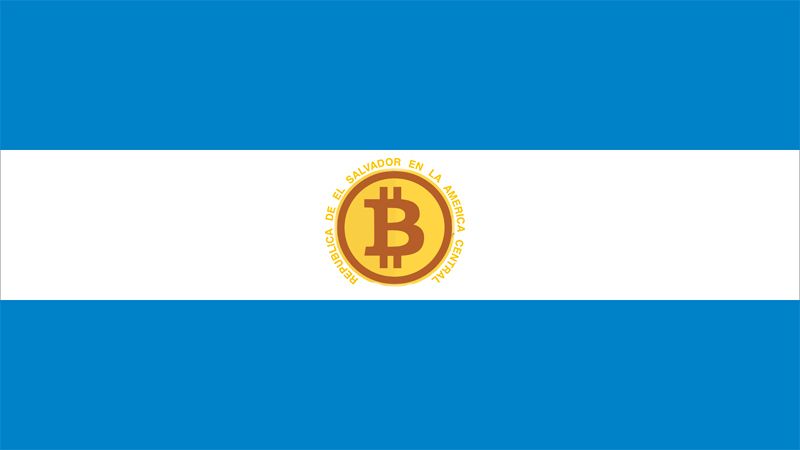The government’s National Bitcoin Office of El Salvador has announced a plan to split its existing Bitcoin reserves across multiple new wallet addresses.
El Salvador, one of the pioneers in national Bitcoin adoption, is taking a significant step to enhance the security of its crypto holdings. This strategic move is designed to mitigate risks from potential future threats, such as quantum computing, and to increase the overall security of the nation’s digital treasury.
A security measure
Previously, El Salvador’s Bitcoin holdings were consolidated in a single address. The new plan involves distributing the reserves into multiple wallets, with each holding a maximum of 500 BTC, which is approximately $54 million at current market prices. This diversification strategy is reminiscent of traditional financial risk management, applying the principle of not putting all eggs in one basket to the realm of digital assets.
Moreover, the rising security risks from the quantum computers make cryptocurrencies potentially vulnerable to attack. As Coinidol.com reported last week, Vitalik Buterin has also warned that there is a 20% chance of quantum computers breaking modern cryptography before the end of 2030.
Also, to maintain transparency, a public dashboard will be established, allowing anyone to view the total balance across all of these new addresses. This commitment to public visibility is a crucial element of the government’s approach, aiming to build trust and demonstrate accountability in its management of public funds.
The decision underscores a growing maturity in how sovereign entities are handling and securing cryptocurrency assets. As more nations and institutions consider holding digital assets, El Salvador’s move could serve as a blueprint for a new standard of security and transparency in managing national crypto treasuries.

El Salvador has already mined nearly 474 bitcoins
The country’s dedication to Bitcoin is further evidenced by its continued accumulation. El Salvador has mined nearly 474 bitcoins over the last three years, adding to its
state crypto holdings. This ongoing effort, combined with the new security measures, signals a long-term commitment to integrating Bitcoin into its national economic strategy.
This initiative is being closely watched by crypto and traditional finance analysts alike, as it represents a real-world test case for managing decentralized assets at a national scale.
The rebel and the pioneer
El Salvadore does not seem to be giving up on its chosen path despite all warnings from the IMF. As previously reported by CoinIdol, the world blockchain news outlet, the country was the first to adopt Bitcoin as a second national currency alongside the US dollar.
In 2022 the government planed to install 1,500 Bitcoin ATMs across the country to make using BTC as easy and convenient as fiat money.






